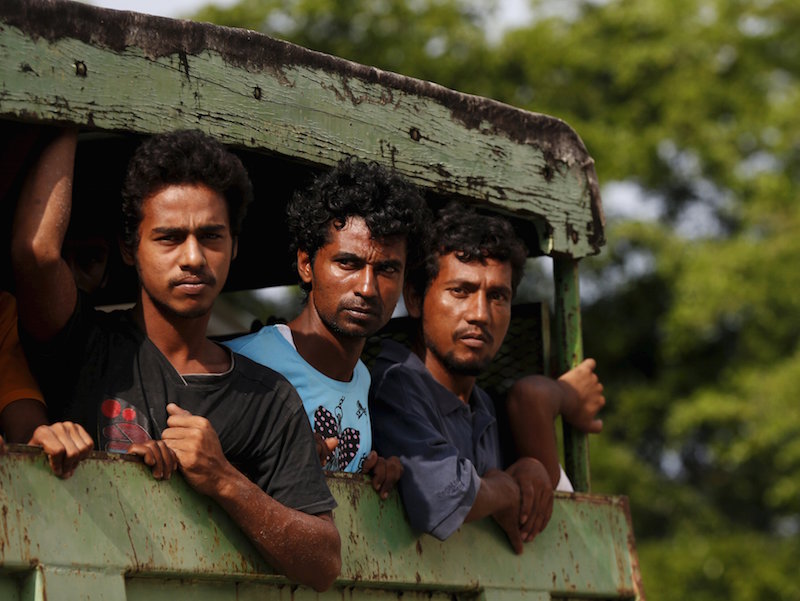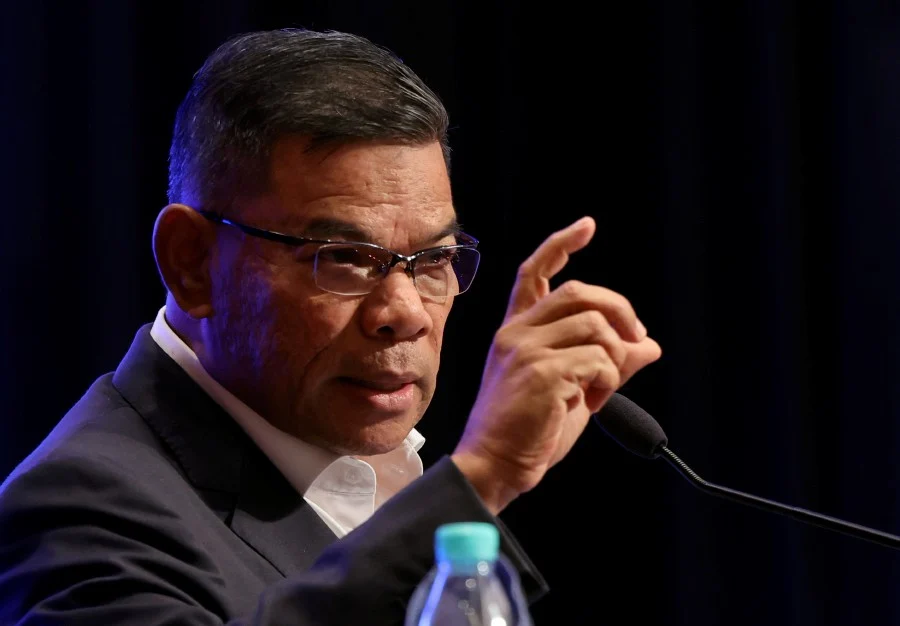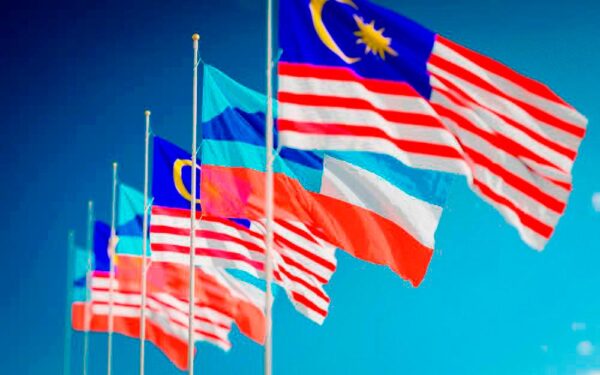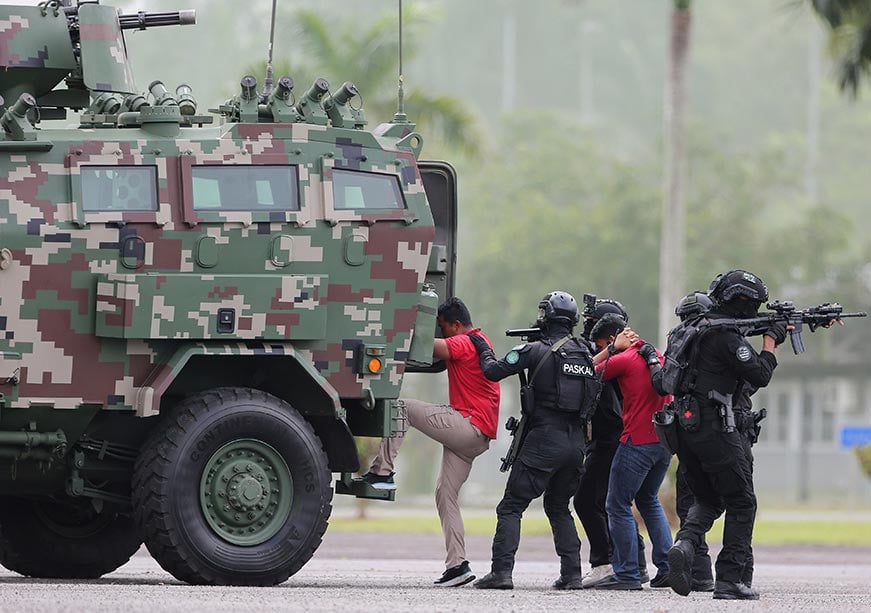HUMAN Resources Minister Datuk Seri M Saravanan’s recent claim that allowing Rohingya refugees to work in the country is a national security issue has been criticised as being mere “rhetoric” and without hard evidence.
On Friday (Aug 19), Saravanan said his ministry was waiting for a report from the home ministry on whether Rohingyas can be allowed to work in Malaysia.
“I understand we are desperate (for foreign workers), but we cannot compromise on national security,” Harian Metro quoted Saravanan as saying. “If we allow this, more (Rohingya) will want to come here,” he added.
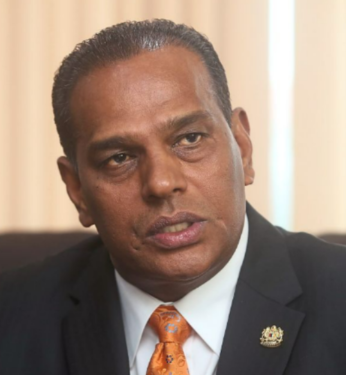
Refugee rights activist Mahi Ramakrishnan asked Saravanan to show proof that refugees are a security threat to the Government, noting that this was something that was “peddled again and again without any proof”.
“The fact is that refugees are forced to flee their homes and face threats in the process. But we refuse to talk about that, hiding behind the fact that we have not ratified the Refugee Convention 1951,” Mahi told FocusM.
“We have obligations to protect their rights and interest under international law and humanitarian principles. It is, therefore, about time we stopped looking at forced migration from a ‘securitisation’ lens.”
Mahi, who is also the founder of the Beyond Borders Malaysia refugee-interest non-profit, added that Saravanan’s claim of more Rohingyas coming to Malaysia if he allows them to work here was “laughable” and “only goes to show his ignorance”.
“The refugee crisis is a push factor and not a pull factor,” she noted. “It’s common knowledge that no one flees their home unless they are forced to. Forced migration or displacement is a result of internal conflicts and wars.
She added: “I am happy to do capacity-building for the minister and his team on this issue.”
Mahi also noted that while the United Nations High Commissioner for Refugees (UNHCR) is doing “everything possible” to resettle not just the Rohingya but other refugees as well, international politics continue to be an obstacle to resettlement.
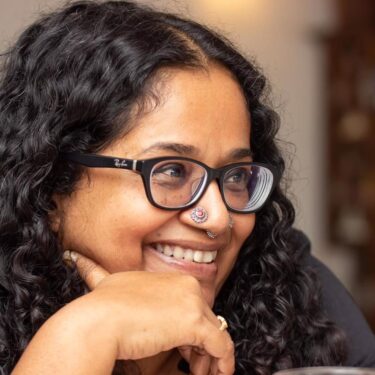
“Malaysia is obligated to protect them”
“But the fact is that whether or not the Rohingya are resettled, we (Malaysia) have an obligation to protect their rights and interests while they are here,” she said.
She noted that Malaysia has ratified the Child Rights Convention (CRC) and the Convention on the Elimination of All Forms of Discrimination Against Women (CEDAW), besides being party to the United Nations’ (UN) Sustainable Development Goals (SDG) 2030.
“We have also ratified the New York Declaration, which has ratified almost all conventions in the world. And we sit on the UN Human Rights Council (HRC) as well,” she added. “Yet, we continue to discuss whether refugees should be given the right to work.”
Mahi said refugees can contribute to the economy if given the opportunity to do so. “We have professionals, skilled and unskilled workers who can increase productivity, complement the existing job market and boost the economy.
“So, what we really lack is the political will because primarily, the Government is incapable of thinking progressively.”
Meanwhile, responding to Saravanan, North-South Initiative executive director Adrian Pereira said refugees who have entered the country end up staying longer instead of being sent to a third country because of “poor” UNHCR resettlement procedures and “little to no support” from countries that allow resettlement.
“It is a compounded issue which needs more empathy and solidarity with the struggling communities,” he told FocusM.
He added that the National Security Council (NSC) was supposed to study and decide on allowing the Rohingyas to work in Malaysia. “Now it looks like nobody is taking the lead since everyone is passing the buck on making a decision.”
The Rohingya people are a stateless ethnic group who predominantly follow Islam and hail from Rakhine state in Myanmar. Often described as one of the world’s most persecuted minorities, many Rohingyas have fled the country to avoid genocide and armed insurrections.
There are 103,090 Rohingya refugees in Malaysia at present, according to the UNHCR. – Aug 21, 2022
Main photo credit: Reuters


